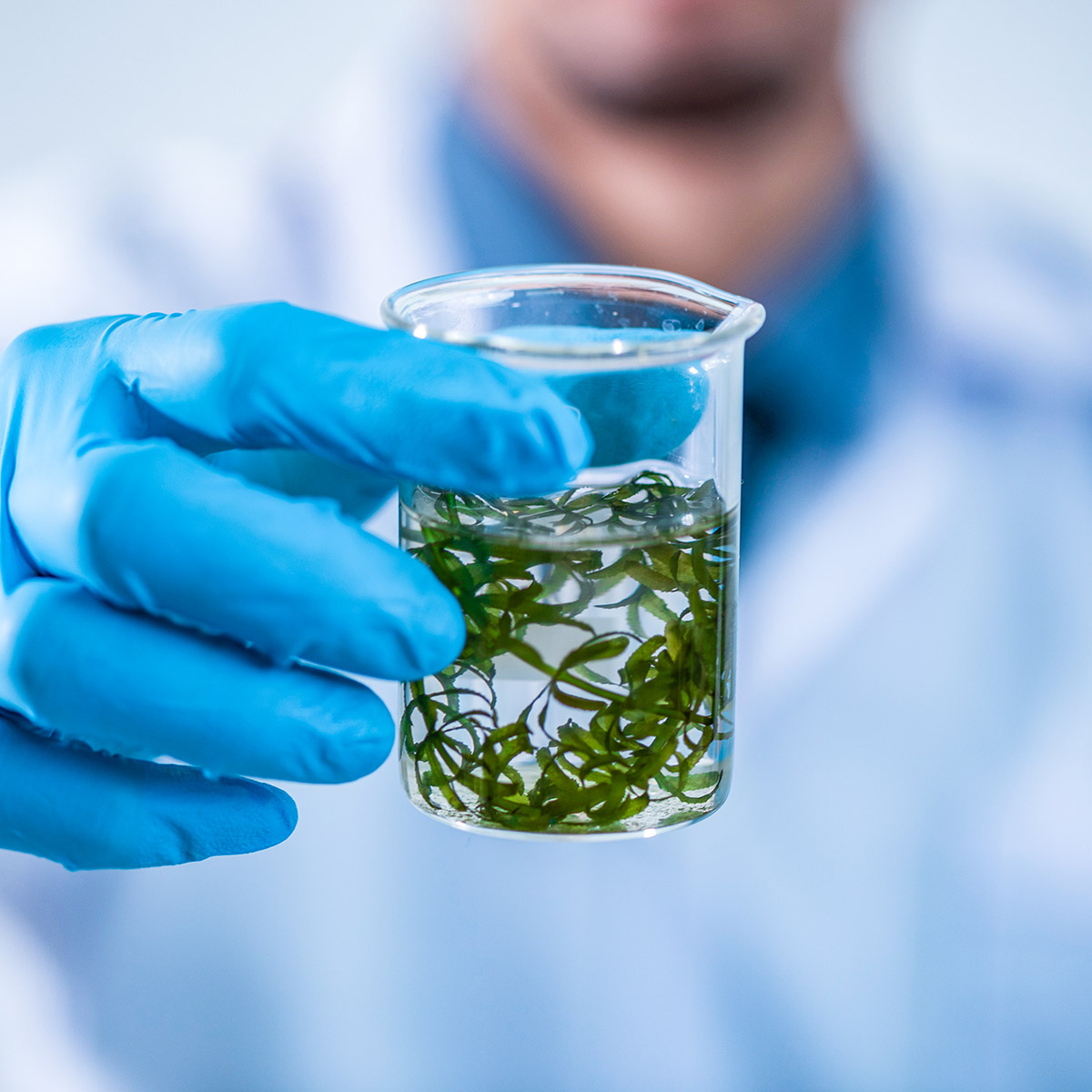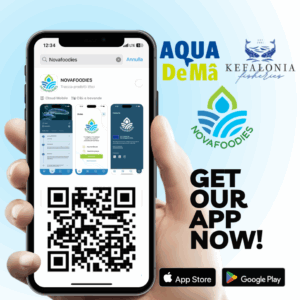General Objectives
the sustainable production of macro and microalgae and other fish species, as a basis for novel functional food and feed production. Case studies will be performed in Europe, Israel and China, for a greater use of local resources and ecosystem services.
the valorization of wastes and fish biomass for a more circular and sustainable value chain. Innovation will focus on decreasing environmental impact of aquaculture, looking for more environmentally and economically friendly best practices.
more sustainable processing and biorefinery concepts.
novel functional aquafeeds and food products for human consumption.
novel products entry to the market competitively, with consumers trust and confidence, with high quality and traceability, through transparency, and demonstrating greater value chain sustainability to stakeholders. This goal includes finding digital solutions to minimize loss of biomass and enhance shelf life.
workforce skills and competences, through the elaboration of training handbooks, online courses and workshops.
Our Background
The diversity of species exploited, and products derived from aquaculture and fisheries has remained static in recent decades, driving pressures on environment, including poor feed conversion ratios and coastal eutrophication. Considering the growing population, a holistic and ecosystems-based restructuring of primary processes and value chains is a priority in order to achieve more balanced, and efficient aquatic food production systems.
In this view, increasing waste recycling, balancing production to host environment carrying and regeneration capacities, and diversifying species production to better match local conditions should be considered to improve the current situation and boost innovation in this sector. One of the main sources, both directly as (ingredients for) new food products and as the basis to produce other aqua food products are algae.

Algae are proven to be food of great quality and nutritional value for humans, while its production contributes to mitigating climate change by CO2 capture. Micro and macroalgae production have commonly been focused on a narrow range of species, and existing systems are still not technologically efficient. However, algae alone cannot be the entire solution for a more sustainable seafood value chains, which need changes along the entire value chain, controlling of environmental impacts, and diversified production with levels of environmental sustainability and product traceability generating greater consumers’ trust.
























